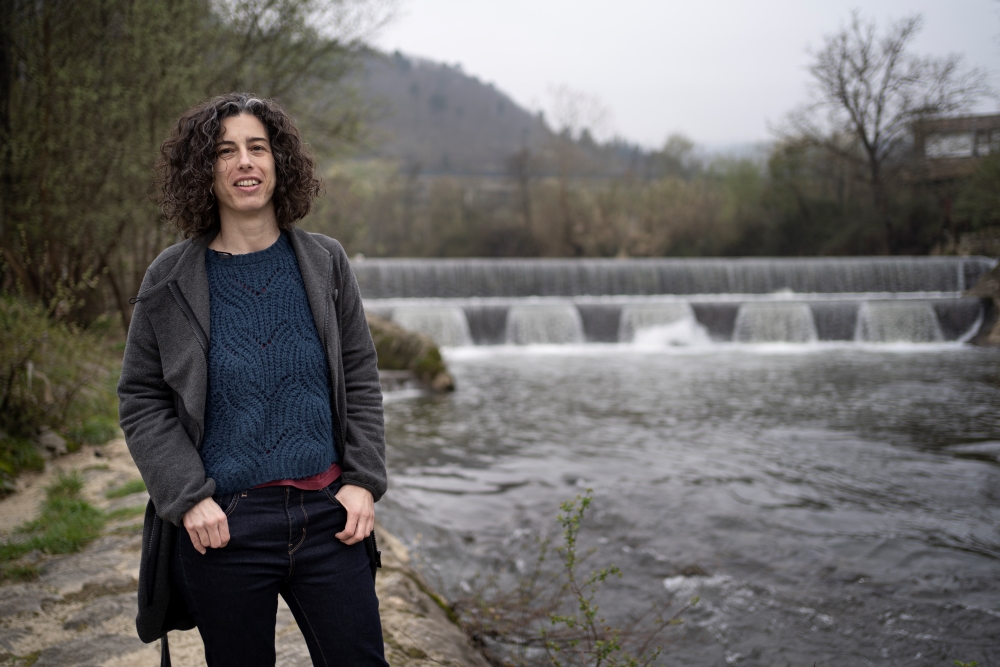Burden of public debt
- The Next Generation EU programme provides for a total of EUR 750,000 million for the next seven years. For this period the European Union (EU) budget is EUR 1.074 billion. The EU will use these two legs mainly to deal with the disaster caused by COVID-19, using for the first time the path of mutualisation.

These are figures that represent 10 percent of the country's GDP. By contrast, in the United States the share of resources to be allocated is 15% of GDP and in Japan it is 21%.
Of the European funds for economic recovery, the Spanish State has appropriated EUR 140,000 million, of which EUR 72,000 are grants and other loans. The Resilience and Recovery Mechanism will be responsible for channelling most of these grants in return for meeting stringent and complex requirements. The first basic condition is the orientation of the plan. Member States will not, for example, be able to grant aid on the basis of their priorities in order to strengthen the health system. 57% of the funds should be allocated to the areas of Climate Change and Digital Transformation. Furthermore, each Member State will have to comply with its specific recommendations on the availability of funds. The Spanish State must comply with the usual adjustment lines to ensure the sustainability of pensions and improve the labour market.
On the other hand, the Stability and Growth Pact is at least frozen until 2022. But if it were to come into force again, it would risk losing a quarter of the funds received. The Spanish public accounts are going to be well above the deficit and debt rule that Brussels tends to set in the coming years. According to a European Commission estimate, by 2021 and 2022 Spain will have a deficit of 9.6% and 8.6%, respectively. It is far from the 3% pact line, which shows the risk of adjustment policies.
Public debt in the state will also increase dramatically, reaching 119% of GDP, and both this year and next year it does not appear to be falling, beating 60% of compliance with the Stability Pact. Airef, the tax authority foresees that the fiscal adjustment to redirect the State’s debt can be extended for two decades and in the case of the deficit for a decade. Thus, the burden of public debt can be very burdensome for future generations, if the path of fiscal reform is not initiated. To do this, the direction that the tax structure has taken in the Spanish State since 2007 must be turned. In fact, the weight of IRPF and VAT in the recast has been increasing, while that of Corporate Tax has dropped from 22.3% of the revenue at that time to 11.9% in 2019.
[This article has been published in the framework of a comprehensive report on the funds 'Next Generation EU']
Abrupt closure of the grant window for energy-saving construction works in homes. Imagine the anger of those left in the queue. Architects, builders, community managers, neighbours… The call for proposals was in force until November, but recently the Basque Government... [+]
Nicola Scherer (Munich, 1984) Kataluniako Observatori del Deute en la Globalització (Zorraren Behatokia Globalizazioan) erakundeko ikertzailea eta Open Generation EU taldeko kidea da eta Kapitalari Planto! plataformak ekainean aurkeztu zuen Europako berreskuratze-funtsak:... [+]
This is what the most ambitious programme of public debt has been in the plans, which will distribute equal shares of grants and loans worth EUR 750,000 million over the next 7 years. Alongside the revival of Europe, it aims to promote a greener economy (energy transition) and... [+]
























